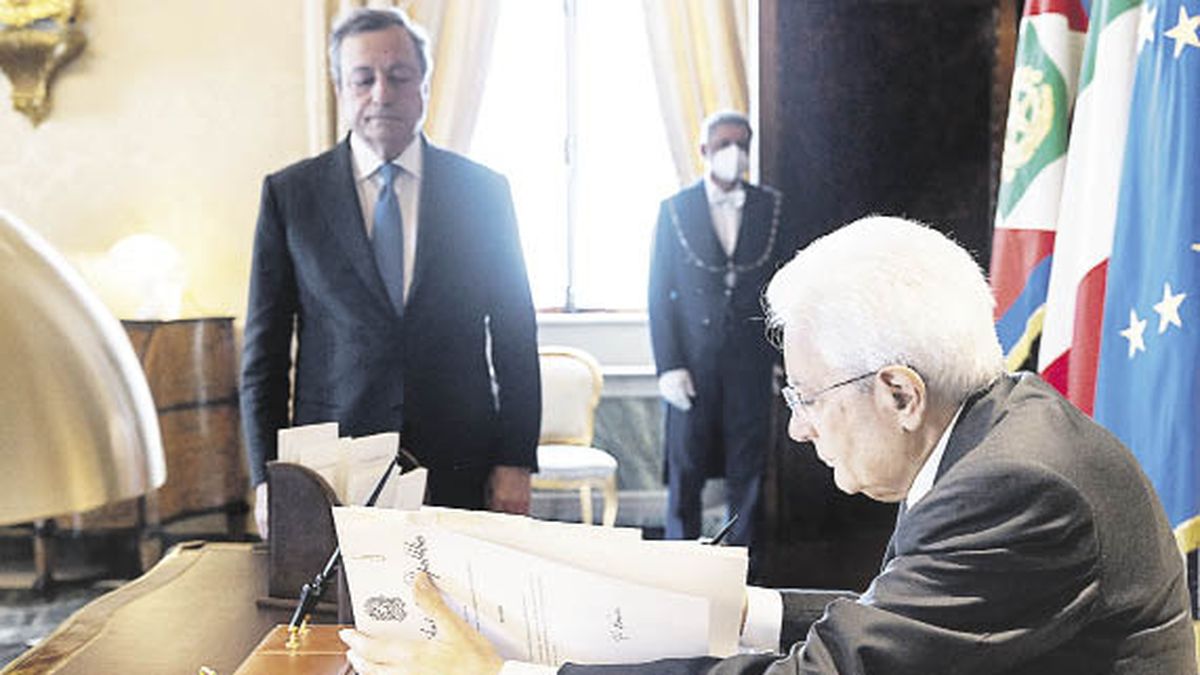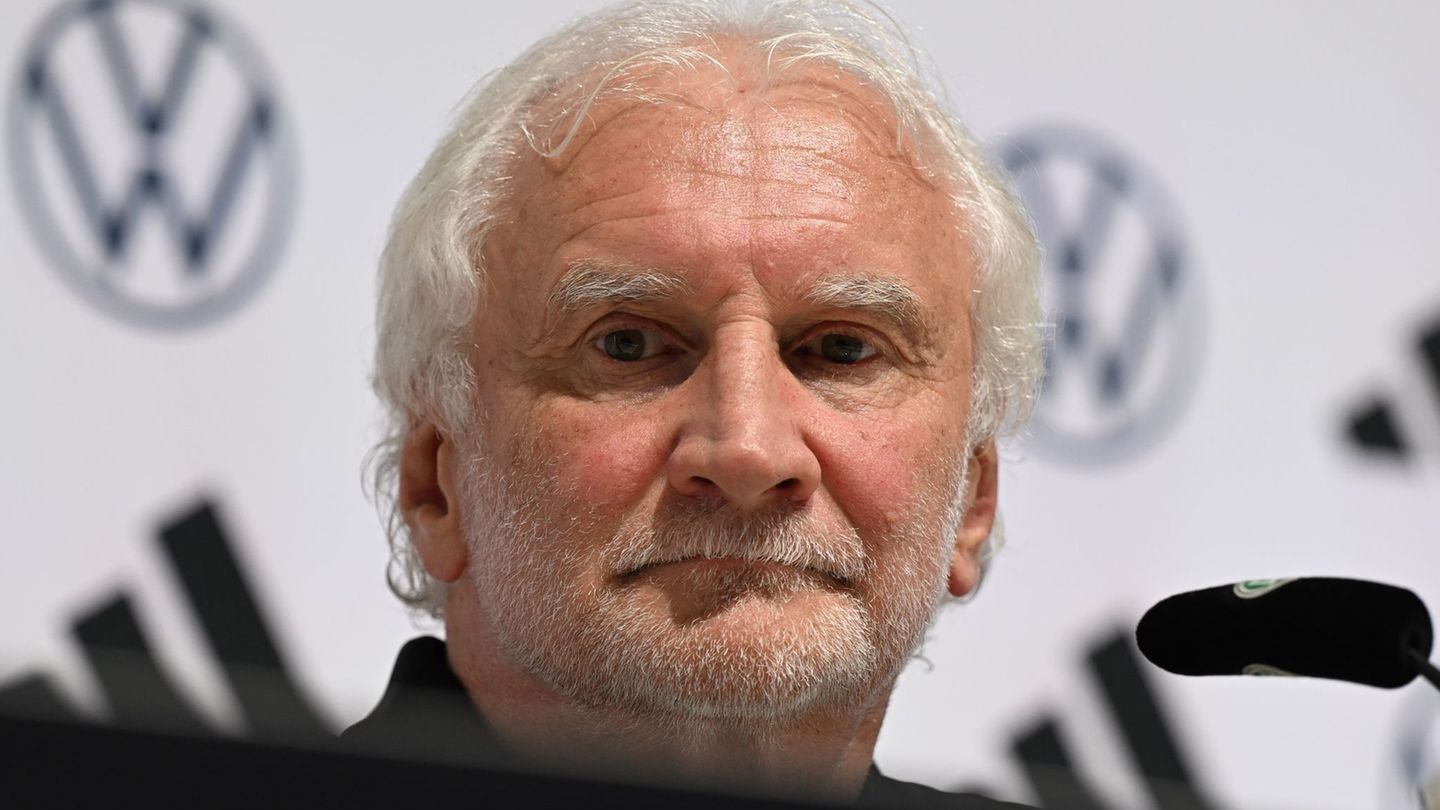“I signed the decree of dissolution of the Chambers in order to call new elections within a maximum period of seventy days,” said Mattarella, who stressed that this decision is always “the last option.”
Mattarella thanked Draghi and his ministers for the work carried out during “these 18 months” of management, recalled that the economic situation, as well as the cost of energy and food, “do not allow many breaks” and warned that there are still many basic measures to be taken.
dates
Draghi’s resignation opens a hectic campaign for the early elections, which would be held on September 18 or, more likely, 25
Considered the savior of the eurozone in 2012, Draghi, appointed Prime Minister of Italy in February 2021 to rescue the country from the health, political and economic emergency it was going through, threw in the towel yesterday exhausted by disputes within his coalition.
The political crisis, which had been brewing for months in Rome against the backdrop of infighting within the populist 5-Star Movement (M5E), ended up collapsing the coalition, which ran from the right to the left.
The end of the Executive led by Draghi could above all benefit the right-wing coalition headed by the post-fascist Fratelli d’Italia (Brothers of Italy) party, led by Giorgia Meloni, who according to the latest polls could win comfortably.
warnings
The international press expressed the fears that the political crisis arouses in the European Union (EU).
“Brussels fears that Italy will become the Achilles heel of the EU against Russia, said El País. “Draghi had put himself at the forefront of European initiatives to stand up to the Kremlin despite the fact that a good part of Italian public opinion rejected the clash with Moscow, he added.
Draghi’s fall “ends a period of relative political unity in Rome and destabilizes Europe’s third-largest economy, for which Draghi was seen as a guarantor,” The Washington Post wrote.
For that medium, the elections could emerge “a very diverse government, probably a group of nationalist and center-right parties, including eurosceptics with pro-Russian views.”
According to the New York Times, “the effective fall of the Draghi government represents a devastating blow for Italy and Europe”.
“With his prestige, Draghi ushered in a brief golden period for Italy when he took over as premier in 2021” and allowed that country to assume a more important role in Europe, he adds.
For its part, The Wall Street Journal noted that Draghi’s management gave Italy and the EU “reason for optimism” about the possibility of a relaunch of a “moribund economy.” For Le Monde, “the end of the Draghi era is a shock for all of Europe”, while stressing that “the moment could not be worse for Italy, for the euro area and for the entire European Union”, which creates the “risk of worrying destabilization.”
reactions
Not surprisingly, Ukraine regretted the outcome of the crisis and Russia distanced itself from suspicions of destabilization.
“Sincerely grateful to Mario Draghi for the unconditional support of Ukraine in the fight against Russian aggression and for defending common European values, democracy and freedom,” Ukrainian President Volodymyr Zelensky wrote on Twitter.
“We will continue to work to develop cooperation between Ukraine and Italy. I am convinced that Italy’s active support for the Ukrainian people will continue”, he concluded.
Meanwhile, the spokeswoman for the Russian Foreign Ministry, Maria Zajarova, pointed out that “we have always considered Italy a sovereign and independent country. If they don’t see it that way elsewhere, this has nothing to do with Russia.”
This is how he responded to a question about alleged attempts to destabilize Moscow against Draghi.
“The actions of the Draghi government must be evaluated by the Italians. Italy is a sovereign, independent country that should not depend on anyone. I don’t understand the need to explain what happens internally based on external factors,” he added.
Source: Ambito
David William is a talented author who has made a name for himself in the world of writing. He is a professional author who writes on a wide range of topics, from general interest to opinion news. David is currently working as a writer at 24 hours worlds where he brings his unique perspective and in-depth research to his articles, making them both informative and engaging.




